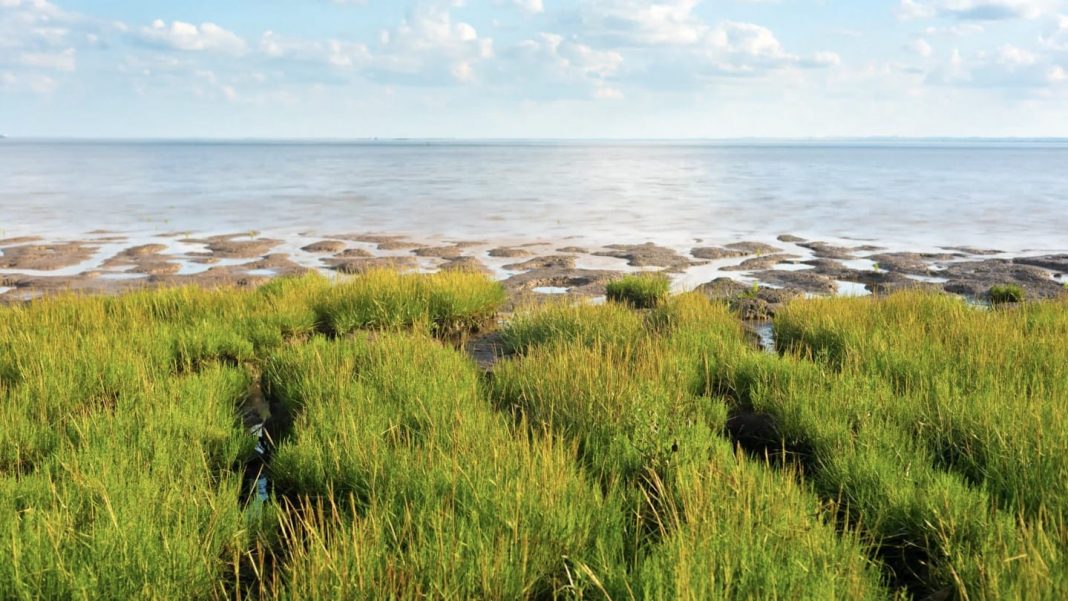Sustainable energy company Ørsted is partnering with Lincolnshire and Yorkshire Wildlife Trusts to help restore the biodiversity around the Humber Estuary, in Lincolnshire and Yorkshire.
The flagship project will invest more than £2.5m to restore parts of the Humber on aa scale not seen before, through the planting of 3 hectares of saltmarsh and 4 ha of seagrass, and the creation of a biogenic reef through the introduction of half a million native oysters. It will build on an ambitious programme of seagrass restoration work already underway between Ørsted ’s Hornsea 4 project and Yorkshire Wildlife Trust.
Climate change is becoming one of the biggest drivers of biodiversity loss, and a substantial expansion of renewable energy is central to tackling these interlinked crises. The UK Government has set an ambition to build 50GW of offshore wind by 2030, and Ørsted believes the expansion of offshore wind energy needed to fight climate change can and must integrate solutions onshore and offshore, that support and enhance biodiversity. That is why Ørsted has set an industry-leading ambition to deliver a net-positive impact on biodiversity across all the new energy projects it commissions from 2030 at the latest.
The Department for Environment, Food & Rural Affairs (DEFRA) has commended this new pilot project as an example of how restoration of important marine habitats can work in practice and deliver multiple benefits.
Environment Minister Rebecca Pow said: “Recent events have demonstrated the importance of developing a home-grown renewable energy supply.
“We are committed to developing schemes that work alongside the recovery of natural habitats. Climate change and biodiversity loss are significant challenges, and I welcome the commitment Ørsted are making today.
“This project in the Humber Estuary showcases the potential for private sector investment, alongside support from the public sector. I hope that this is a catalyst for further practical projects that protect and enhance our natural environment.”
Benj Sykes, Head of Environment, Consents and External Affairs at Ørsted said: “Now is the time for action on biodiversity. We know that the climate crisis is one of the biggest threats to our biodiversity and so we must start to implement tangible projects that will help restore nature.
“As a company that’s committed to building a clean, sustainable future for people and planet, we know that we need to work harder than ever to ensure we continue to develop in balance with nature as offshore wind becomes the backbone of the energy system in the UK.
“With this in mind, Ørsted has set the ambition that from 2030, all new projects commissioned must have a net-positive impact on biodiversity. Our vision is to create a world that runs entirely on green energy and protecting biodiversity is, and will continue to be, an integral part of the way we work. This project in the Humber Estuary, working in collaboration with experts from the Yorkshire and Lincolnshire Wildlife Trusts, is a fantastic example of how the offshore wind industry can work with local partners to ensure we leave our natural environment in a better state for generations to come.”



